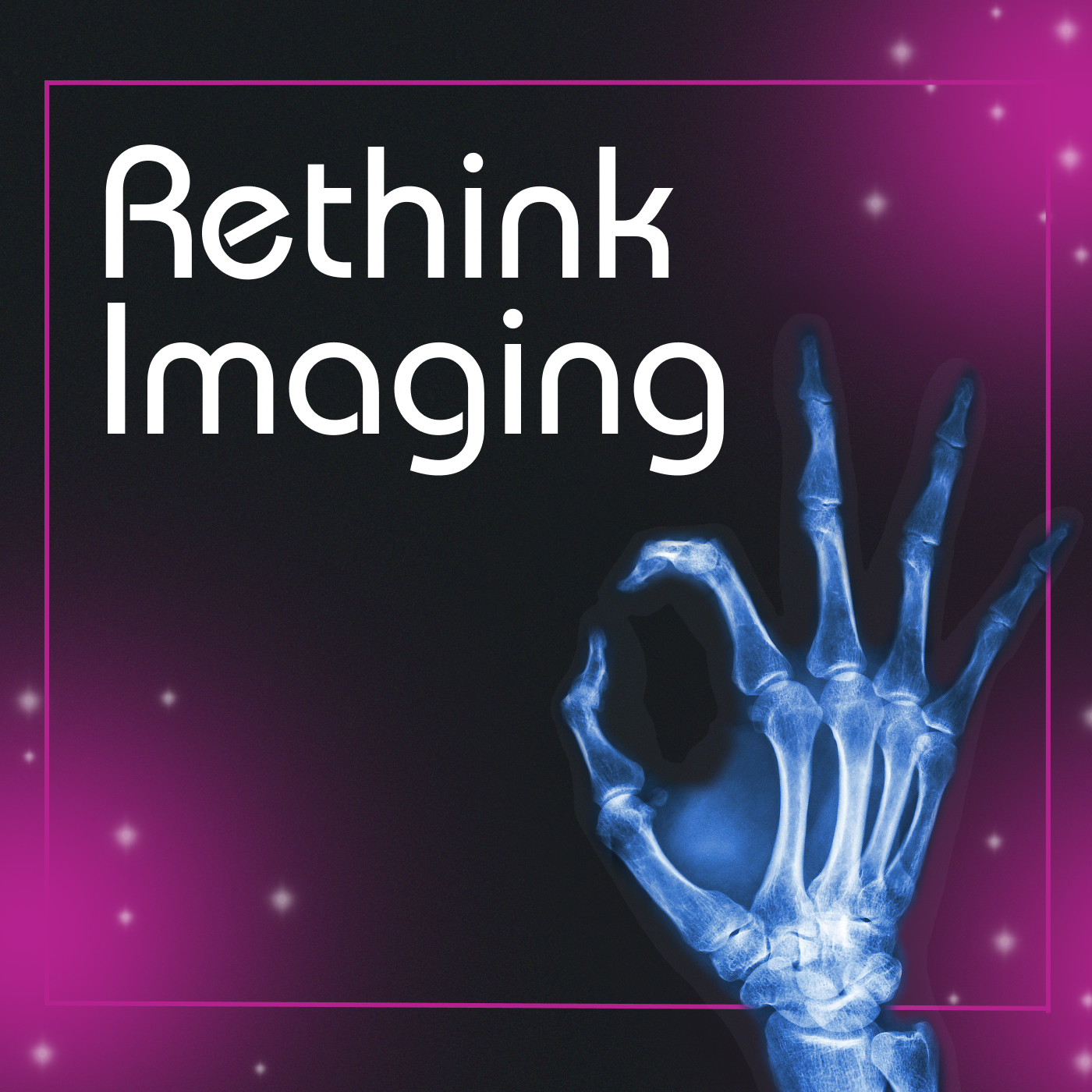Beyond Accuracy: The Real Metric for AI Success in Radiology with Leonardo Bittencourt
September 25, 2025

In this episode of Frame by Frame: Rethink Imaging, host Chris St John sits down with Dr. Leonardo Bittencourt, Vice Chair of Innovation at University Hospitals Cleveland, to discuss how AI adoption in radiology must focus on workflow integration rather than accuracy alone.
Drawing from his leadership of the Radically initiative and years of experience bridging academic medicine with industry, Dr. Bittencourt shares how radiology departments can evaluate AI solutions based on clinical value, foster sustainable validation partnerships, and prepare for the impact of foundation models.
Innovation in radiology AI isn’t about chasing perfect accuracy, it’s about making AI tools fit seamlessly into clinical workflows to deliver real-world value.
In this episode of Frame by Frame: Rethink Imaging, host Chris St John welcomes Dr. Leonardo Bittencourt, Vice Chair of Innovation at University Hospitals Cleveland and leader of Radically, the radiology AI and diagnostic innovation collaborative.
With more than 11 years at DASA, Brazil’s largest diagnostic company, and extensive academic expertise, Dr. Bittencourt has built a reputation as a pioneer in validating and implementing AI tools in practice. His work includes global collaborations with startups most notably AZMED, which achieved FDA approval through his structured validation efforts, alongside a strong research background in abdominal radiology and prostate MRI.
The conversation explores why AI solutions that achieve 100% workflow integration at 80% accuracy often outperform tools with higher accuracy but poor usability. Dr. Bittencourt explains how radiology departments can evaluate AI solutions beyond accuracy metrics, focusing instead on patient outcomes, downstream effects, and system-wide impact.
He also outlines why platform-based AI strategies may be more effective than standalone tools, how structured partnerships create sustainable innovation pipelines, and why hyperacute care settings like stroke and pulmonary embolism are currently the most fertile ground for AI adoption.
Looking forward, Dr. Bittencourt shares how emerging foundation models and large language models are poised to reshape radiology, provided institutions balance technical performance with human factors, cultural readiness, and workflow integration.
For healthcare executives, radiology leaders, and technologists, this episode provides both practical strategies and a long-term vision for bringing AI into practice in ways that improve efficiency, collaboration, and patient care.
What You’ll Learn:
- Why 100% workflow integration with 80% accuracy often outperforms 100% accuracy with poor workflow fit
- How to evaluate AI solutions beyond accuracy metrics by assessing their impact on clinical workflows and patient outcomes
- The strategic advantages of platform solutions vs. standalone AI tools for departments beginning AI adoption
- How to build sustainable academic-industry partnerships through structured validation programs
- Why AI’s greatest impact in radiology is currently felt in hyperacute settings like stroke and pulmonary embolism care
- How emerging foundation models and large language models are poised to transform radiology AI development and deployment
- The importance of measuring AI’s value through system-wide outcomes rather than narrow departmental metrics
- Why successful AI implementation requires understanding downstream effects beyond radiology
Chapters:
[00:00] Intro: Innovation in Medical Imaging AI with Dr. Leonardo Bittencourt
[02:37] From DASA to Academic Medicine: A Journey in Innovation
[06:56] The Unique Role of Vice Chair of Innovation
[09:21] Building Radically: Creating an AI Innovation Hub
[15:39] Why Workflow Integration Trumps Perfect Accuracy in AI
[20:16] Evaluating AI Beyond Traditional Metrics
[25:15] Platform vs Point Solutions: Strategic Approaches to AI Implementation
[31:50] The Future of Foundation Models in Radiology
[35:55] Closing Thoughts: The Evolution of AI in Healthcare
Frame by Frame: Rethink Imaging Podcast is handcrafted by our friends over at: fame.so